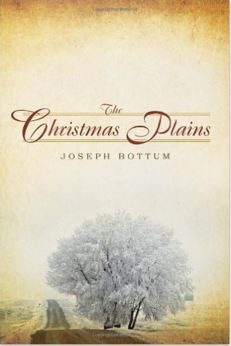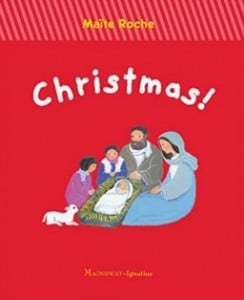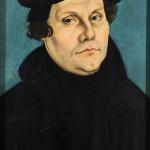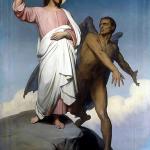 Monsignor Tomáš Halík, professor at Charles University in Prague, has been named winner of the 2014 Templeton Prize for religious and spiritual progress.
Monsignor Tomáš Halík, professor at Charles University in Prague, has been named winner of the 2014 Templeton Prize for religious and spiritual progress.
Monsignor Halík, who has taught sociology of religion since 1997, is a convert to Catholicism and cites as influences in his life Mother Teresa, first recipient of the Templeton Prize in 1973, and Catholic novelist Graham Greene. He is a onetime Czech political activist and an advocate for religious freedom in Czechoslovakia. He has worked to build bridges between people of different faiths, and between believers and unbelievers.
He has authored many books including Night of the Confessor: Christian Faith in an Age of Uncertainty and Patience with God: The Story of Zacchaeus Continuing In Us
. Patience with God
was named the European Theological Book of 2009-10.
The Templeton Foundation, in announcing this year’s winner, explained why he had been chosen for the prestigious prize.
Tomáš Halík, a Czech priest and philosopher who risked imprisonment for illegally advancing religious and cultural freedoms after the Soviet invasion of his country, and has since become a leading international advocate for dialogue among different faiths and non-believers, has won the 2014 Templeton Prize.
Condemned by his nation’s communist government as an “enemy of the regime” in 1972, Halík, 65, spent nearly two decades organizing and building an extensive secret network of academics, theologians, philosophers and students dedicated to cultivating the intellectual and spiritual underpinnings for the democratic state he and others envisioned.
Those years of groundwork and counselling to liberation leaders such as Václav Havel and Cardinal František Tomášek helped Czechoslovakia transition to democracy following the “Velvet Revolution” of 1989.
Since that time, Msgr. Prof. Tomáš Halík has advocated religious tolerance and understanding through his writings and lectures by sharing ideas and beliefs among followers of widely varying cultural and spiritual traditions and, notably, non-believers. His approaches to interfaith dialogue include proposing that the long intellectual tradition of Catholicism well positions it as a bridge among diverse Western secularism, traditional religions and Islamic culture. At the press conference, Halík announced that he will continue those efforts with the proceeds from the Prize.
With an estimated value of $1.8 million, the Templeton Prize is one of the world’s largest annual awards given to an individual. It is awarded annually to a living person who has made exceptional contributions to affirming life’s spiritual dimension, whether through insight, discovery, or practical works.
According to the Catholic Herald, Msgr. Halík dislikes dogmatic figures on either end of the religious spectrum. His work, he said, is aimed at “seekers”–those who are asking questions about religious and spiritual issues, but who remain unaffiliated with either religion or atheism.
“Let it be said over and over again,” Msgr. Halík said in a statement issued by the John Templeton Foundation,
“We must never abandon the path of seeking and asking. A problem can be solved once forever. Mystery — unlike problems — cannot be overcome. Mystery invites us to try to understand it again and again, to go deeper and deeper.
“…Believers and unbelievers are not two clearly separate groups like two soccer teams. The playing field for the contest between belief and unbelief is within each individual human heart and human mind.”
In an interview with the Catholic Herald on Wednesday, March 12, Msgr. Halík said he admires Greene, the author of such novels as The Power and the Glory and Brighton Rock
, because the British writer saw “Christianity not as a set of dogmatic issues,” but as something of “the drama of life — faith as part of the life story.”
“Christianity incarnated,” Msgr. Halík said,
“…is the human story, the drama of sin and grace. There is something dynamic about it, and (religious) faith is more a ‘way’ than a fortress. It is not a rock, it’s a river.”
He expressed his feeling of great kinship with Pope Francis, in part because of Francis’ commitment to dialogue between believers and unbelievers. He noted that announcement of his award comes one year to the day after the election of Jorge Mario Bergoglio to the papacy.
The full announcement of this year’s awardee can be found on the website of the Templeton Foundation.















